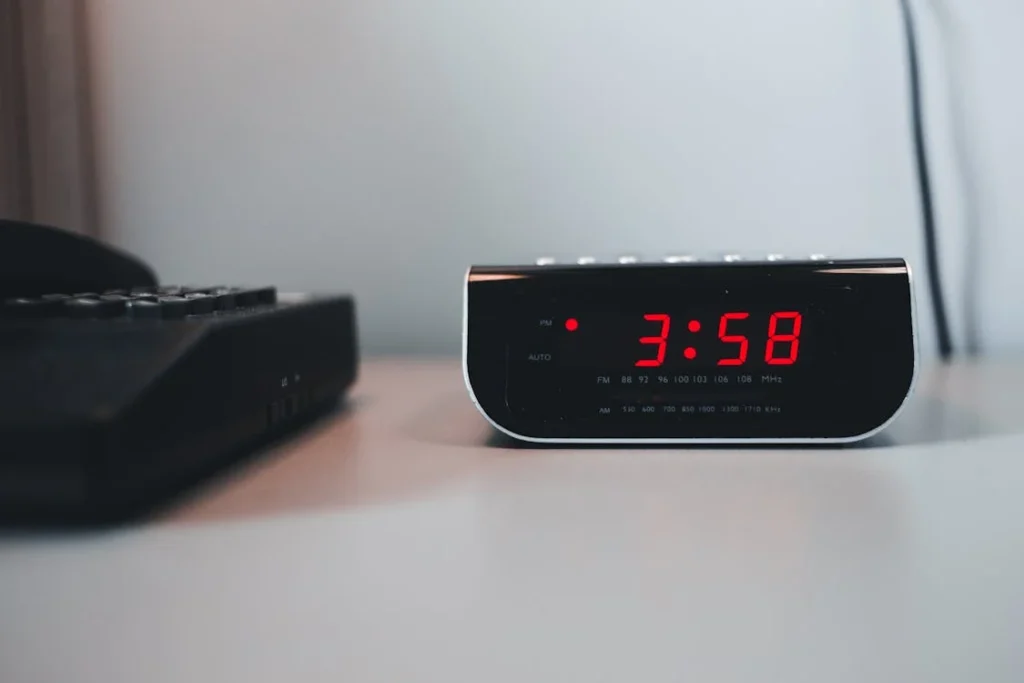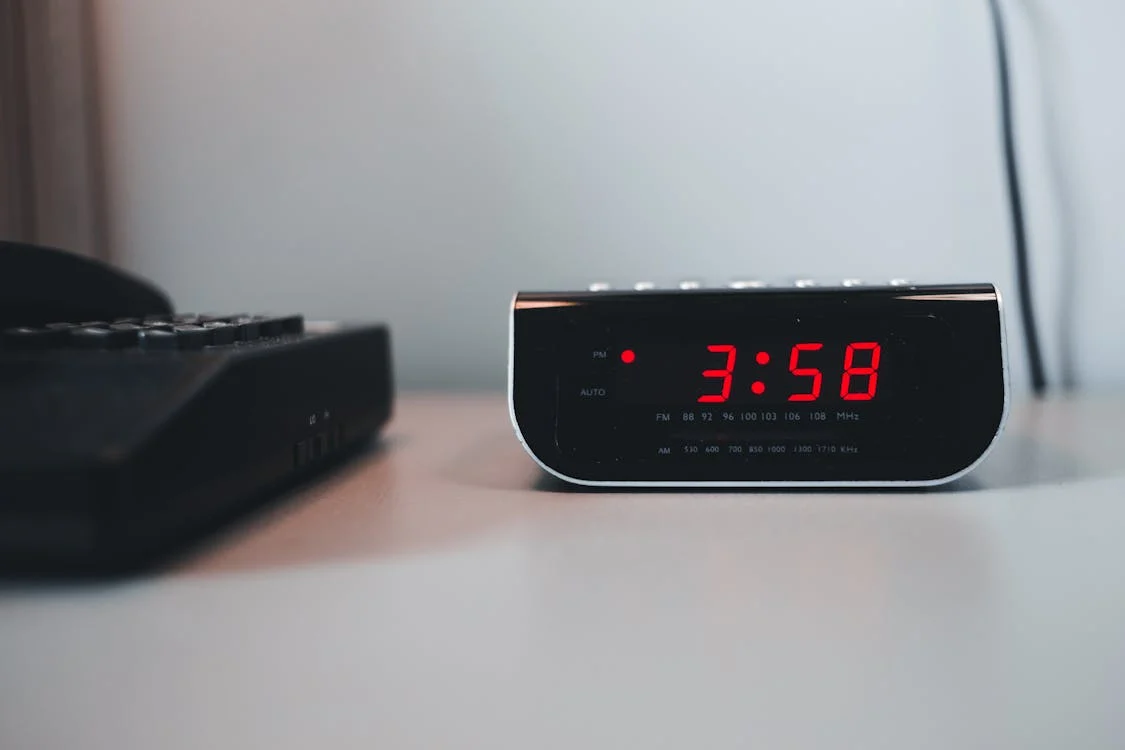Introduction
A light alarm clock, also known as a sunrise alarm clock, is an innovative device designed to wake users gradually using light rather than sound. Unlike traditional alarm clocks that jolt you awake with a loud noise, light alarm clocks simulate a natural sunrise, slowly increasing light intensity to wake you up gently.
Importance and Benefits
Light alarm clocks have gained popularity due to their numerous benefits, particularly for those struggling with sleep disorders or who find traditional alarms jarring. These clocks align with our natural circadian rhythms, promoting better sleep and overall well-being.
Technical Specifications
Key Features
- Gradual Light Increase: Mimics the natural sunrise.
- Sound Options: Birds chirping, ocean waves, and other soothing sounds.
- Adjustable Brightness: Customize the intensity to your preference.
- Alarm Customization: Multiple alarms, snooze options.
- Additional Functions: Some models include radio, USB charging, and Bluetooth connectivity.
Comparison with Traditional Alarm Clocks
- Waking Method: Light vs. sound.
- Health Impact: Gentle wake-up reduces morning grogginess.
- Customizability: More features and personalization options.
Applications

Home Use
Light alarm clocks are perfect for individuals looking to improve their sleep quality. They are especially beneficial for those with seasonal affective disorder (SAD) or those who find it challenging to wake up during the dark winter months.
Medical Use
In clinical settings, light alarm clocks can be used to help regulate sleep patterns for patients with insomnia or other sleep-related issues. They are also useful in mental health facilities for improving patients’ overall mood and well-being.
Benefits
Health Benefits
- Reduced Sleep Inertia: Gradual waking helps reduce grogginess.
- Mood Improvement: Exposure to light can boost mood and energy levels.
- Regulated Circadian Rhythm: Aligns your wake-up time with your body’s natural clock.
Improved Sleep Quality
Studies show that light alarm clocks can help users fall asleep faster and enjoy a deeper, more restful sleep.
Increased Productivity
Starting the day calmly and refreshed leads to increased productivity and a better overall start to the day.
Challenges and Limitations
Potential Drawbacks
- Cost: Light alarm clocks tend to be more expensive than traditional alarms.
- Effectiveness: Not everyone may find light alarms effective, especially heavy sleepers.
- Setup Complexity: Some models have a steep learning curve for setup and customization.
User Feedback
While many users report positive experiences, some mention difficulties in adjusting to the light-based wake-up method or finding the right brightness level.
Latest Innovations
Recent Advancements
Recent models of light alarm clocks feature advanced technologies such as smart home integration, voice control, and enhanced light simulations that mimic different weather conditions.
Smart Integration
Integration with smart home systems like Amazon Alexa and Google Home allows for voice-controlled settings and synchronization with other smart devices in the home.
Future Prospects
Predicted Developments
Future developments in light alarm clocks may include even more advanced light simulations, better sound quality, and more sophisticated smart home integration. Researchers are also looking into ways to further personalize the waking experience based on individual sleep patterns.
Market Growth
The market for light alarm clocks is expected to grow as more people become aware of the health benefits associated with proper sleep and the advantages of using light to wake up.
Comparative Analysis
Light Alarm Clocks vs. Sound Alarms
- Wake-Up Experience: Light provides a more natural and gentle wake-up.
- Health Impact: Light alarms are better for mental health and reducing stress.
- Usability: Light alarms offer more customization options.
Popular Brands Comparison

- Philips Hue Wake-Up Light: Known for its high-quality light simulation and smart integration.
- Lumie Bodyclock: Offers a range of light settings and sound options.
- Casper Glow: Features a sleek design and easy-to-use app control.
User Guides or Tutorials
Setting Up a Light Alarm Clock
- Unbox and Place: Choose a spot where the light will shine directly towards you.
- Plug In: Ensure the clock is plugged into a power source.
- Set the Time: Follow the manual to set the current time.
- Configure Alarm: Set the wake-up time and adjust the light intensity.
Customizing Alarm Settings
- Brightness Levels: Adjust the light intensity to a comfortable level.
- Sound Options: Select your preferred sound to accompany the light.
- Alarm Duration: Set how long you want the light to gradually increase before your wake-up time.
Personal Stories or Case Studies
Real-life User Experiences
Many users have shared their positive experiences with light alarm clocks. For instance, Sarah, a night shift worker, found that using a light alarm clock helped her regulate her sleep schedule and feel more awake during her shifts.
Testimonials
- John: “I’ve never woken up so peacefully. It feels like waking up to a natural sunrise every morning.”
- Emily: “The light alarm clock has significantly improved my mood and energy levels throughout the day.”

